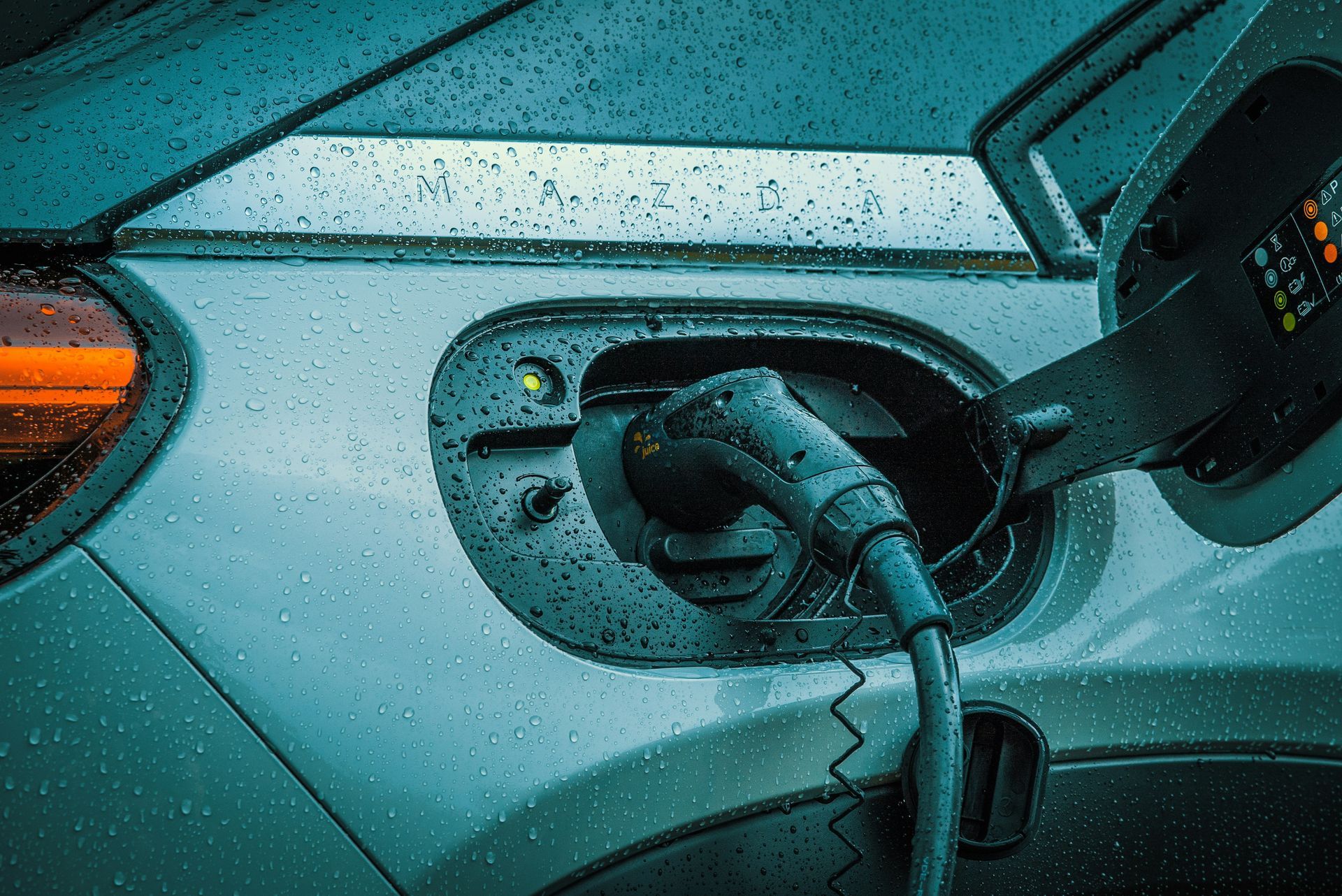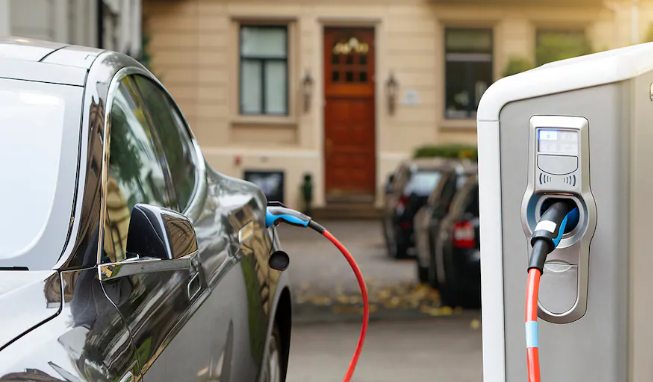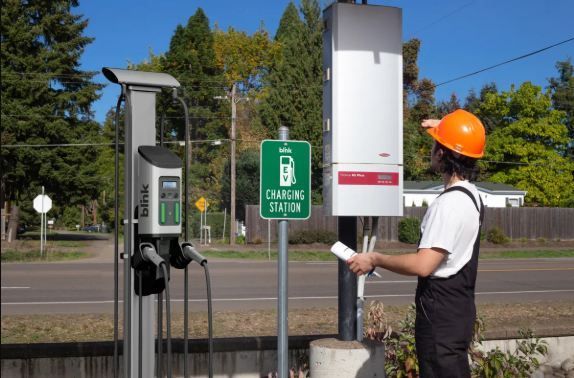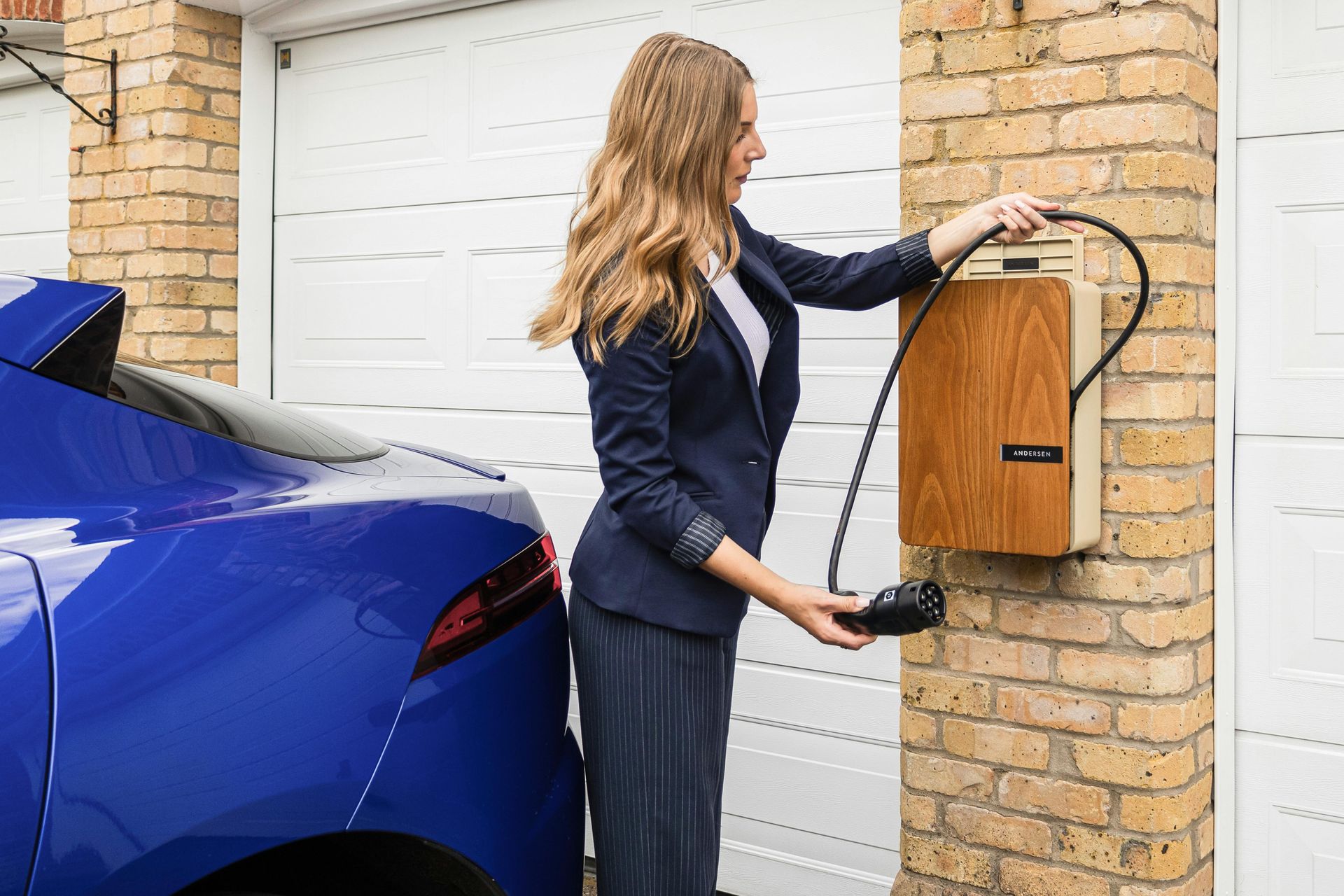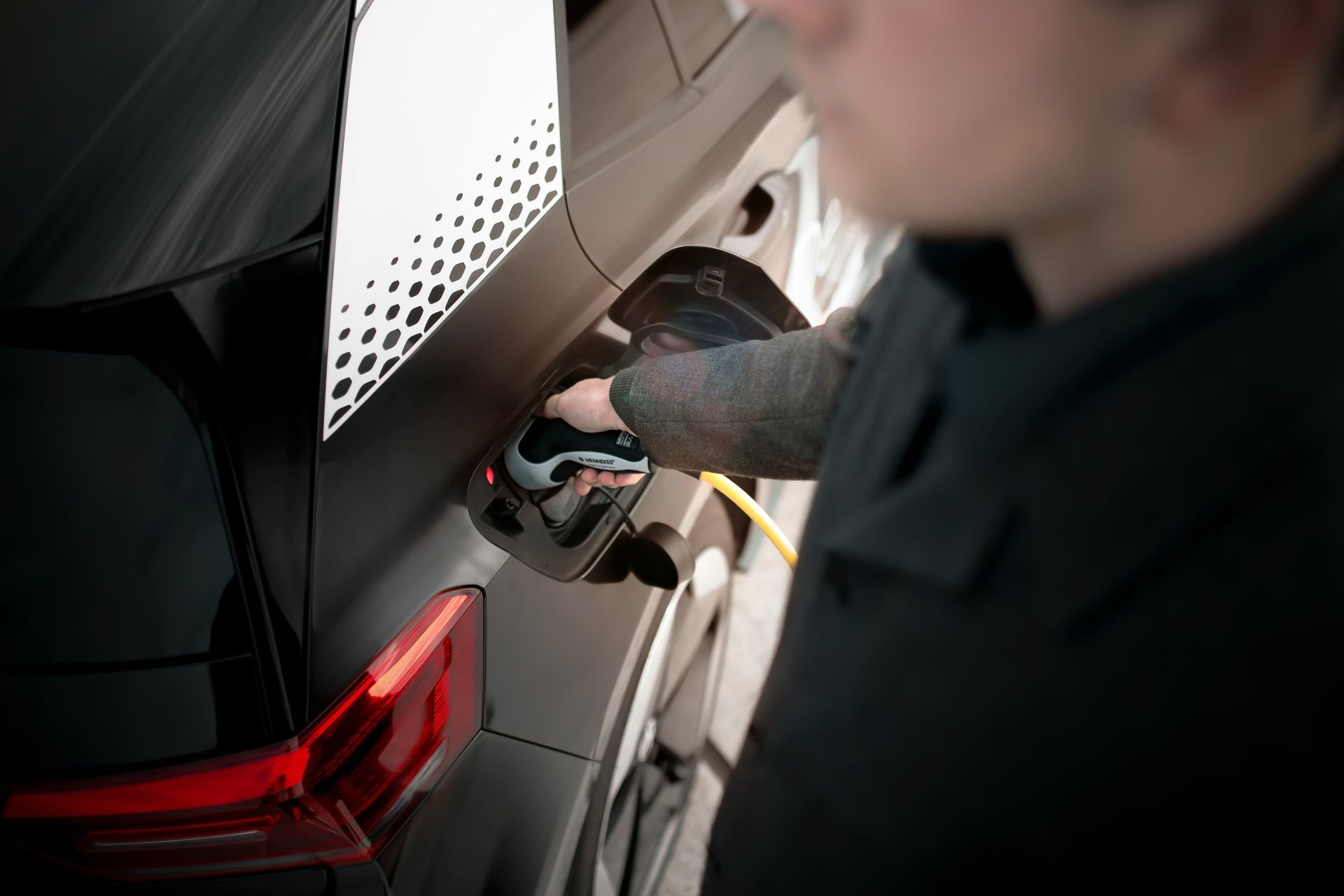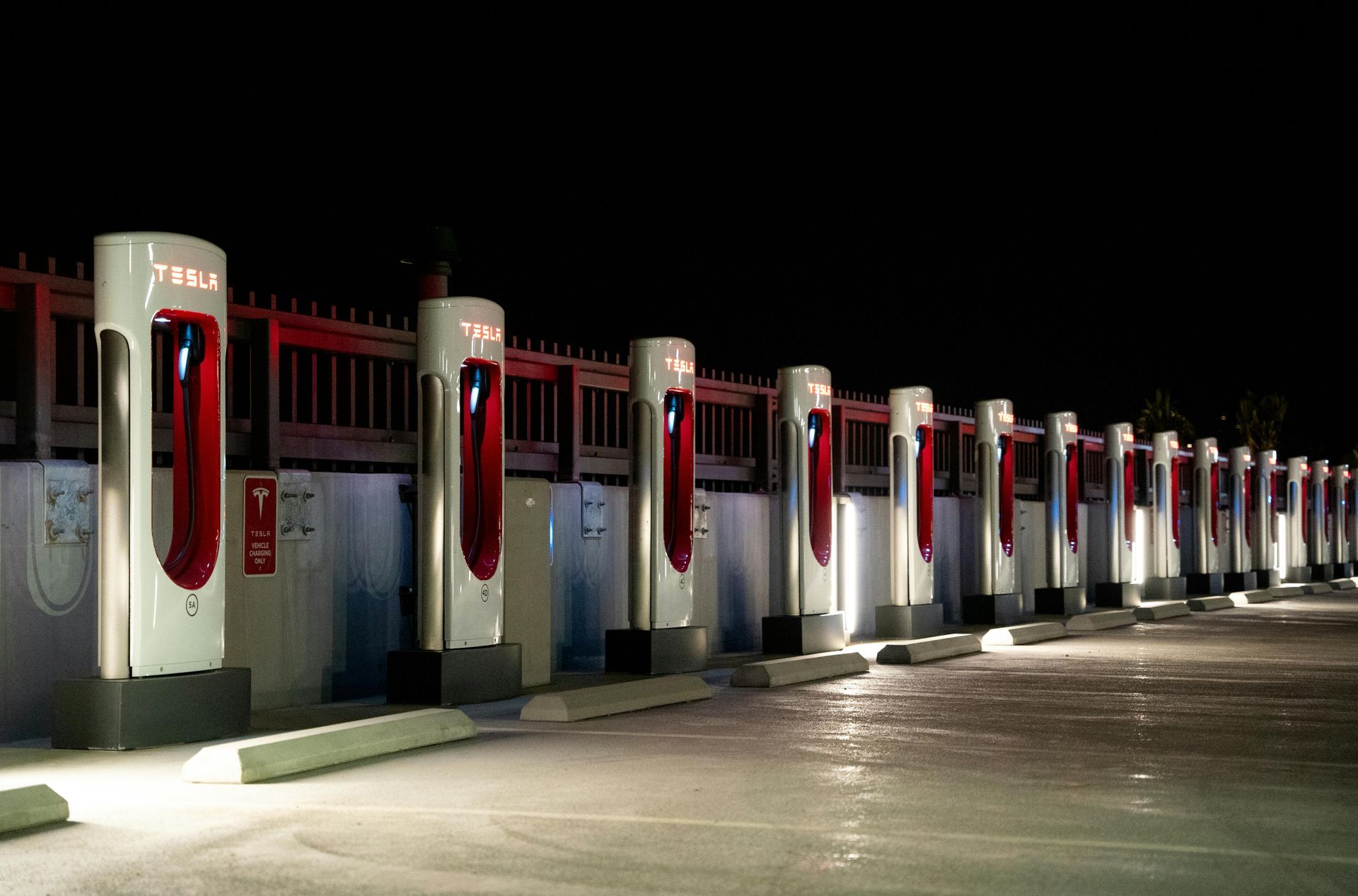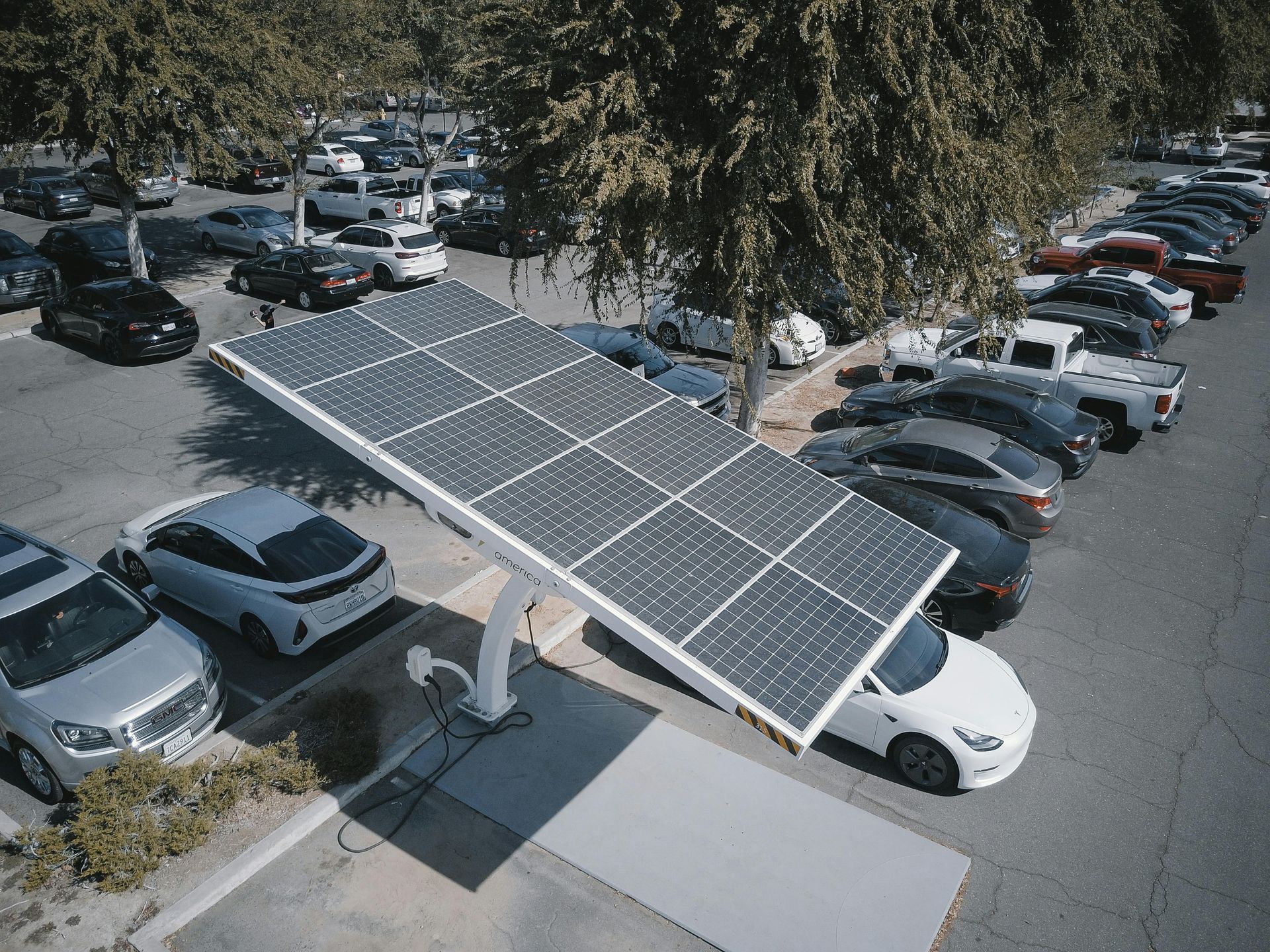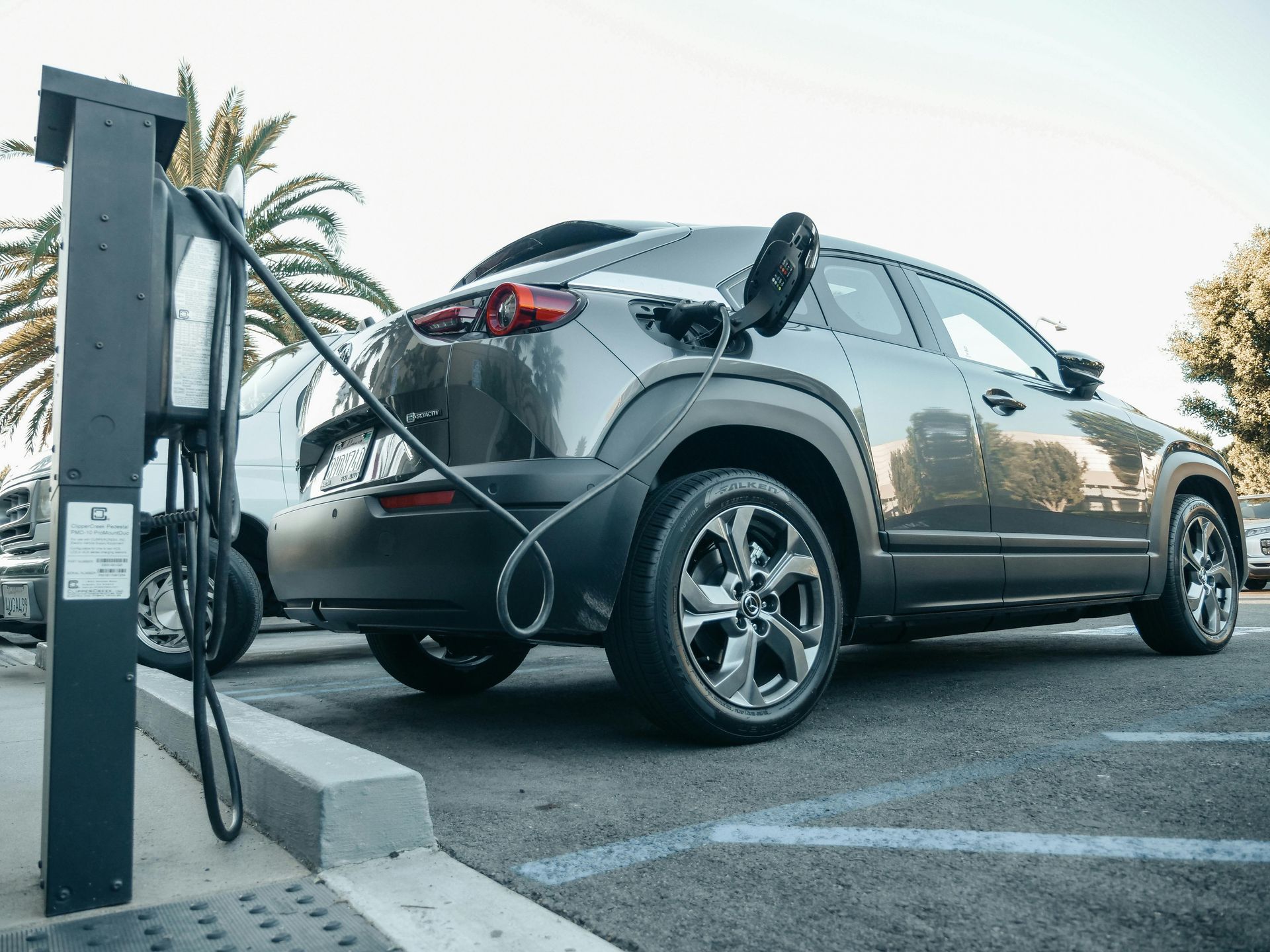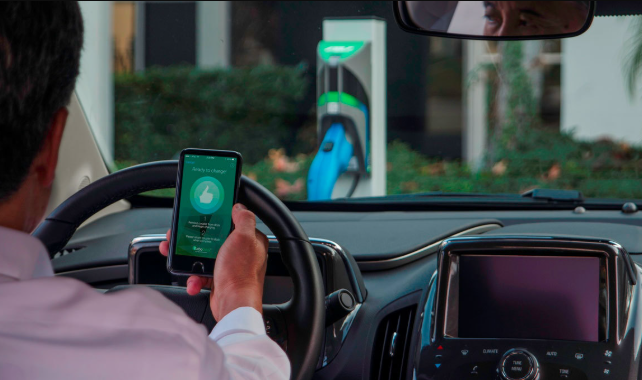How to Maximize Your EV Charging Efficiency: Expert Tips and Strategies
Expert tips and practical strategies to maximize your EV charging efficiency across multiple dimensions.
Introduction
As electric vehicle ownership grows across the Greater Toronto Area and beyond, maximizing charging efficiency becomes increasingly important. Efficient charging isn't just about speed—it encompasses energy usage optimization, cost reduction, battery health, and convenience. By implementing smart charging practices, EV owners can save money, extend battery life, and reduce their environmental footprint.
Many factors influence charging efficiency, from the equipment you use to when and how you charge. Some of these factors may seem minor individually, but collectively they can make a significant difference in your long-term ownership experience. Whether you're a new EV owner or have been driving electric for years, optimizing your charging routine offers substantial benefits.
In this comprehensive guide, we'll explore practical strategies to maximize your EV charging efficiency across multiple dimensions. From equipment selection to charging habits and ongoing monitoring, these expert tips will help you get the most from every kilowatt-hour while maintaining your battery in optimal condition.
1. Choosing the Right Charger
The charging equipment you select has a significant impact on efficiency in terms of both energy usage and time management.
Understanding Efficiency Ratings
Not all charging equipment is created equal when it comes to efficiency:
Energy Conversion Efficiency:
- High-quality Level 2 chargers typically offer 90-95% efficiency, meaning only 5-10% of energy is lost during the charging process
- Lower-quality units may operate at 85% efficiency or less, wasting more electricity
- Look for Energy Star certification or efficiency ratings when comparing models
Standby Power Consumption:
- Even when not actively charging, some units draw "vampire power"
- More efficient models consume less than 1 watt when idle
- Over time, this standby usage can add up, particularly for units that remain plugged in 24/7
When selecting charging equipment, these efficiency metrics may not be prominently advertised, but manufacturer specifications or third-party reviews often include this information.
Smart Charging Capabilities
Modern "smart" chargers offer features that enhance efficiency beyond basic hardware capabilities:
Programmable Charging:
- Schedule charging during off-peak hours automatically
- Pause and resume functionality to coordinate with renewable energy availability
- Remote control to optimize charging based on changing circumstances
Adaptive Load Management:
- Automatically adjust charging speed based on home energy usage
- Prevent circuit overloads without completely stopping charging
- Coordinate with other high-draw appliances to optimize whole-home energy usage
Data Tracking and Analysis:
- Monitor energy usage, costs, and charging patterns
- Identify opportunities for improved efficiency
- Track charging history to optimize future sessions
These smart features typically require connectivity via Wi-Fi or cellular networks, but the efficiency gains often justify the slightly higher equipment cost.
Installation Considerations
The installation configuration of your charging equipment also affects efficiency:
Proximity to Electrical Panel:
- Shorter cable runs minimize voltage drop and energy loss
- Optimal placement reduces material costs during installation
- Strategic location planning may allow for future expansion (additional chargers, solar integration, etc.)
Cable Management:
- Proper cable storage prevents premature wear and damage
- Organized installation reduces the risk of driving over cables, which can damage internal conductors
- Quality cable design maintains flexibility in cold weather, a particular consideration for Toronto winters
Professional installation ensures not only safety but also optimization for efficiency. Our installation team across the GTA carefully evaluates each home's unique characteristics to recommend the most efficient equipment placement.
2. Optimal Charging Times
When you charge can be as important as how you charge, both for cost efficiency and environmental impact.
Understanding Time-of-Use Rates
Many utility providers in Ontario, including Toronto Hydro, Alectra, and Hydro One, offer time-of-use (TOU) pricing structures:
Typical Ontario TOU Structure:
- Off-peak: Weekdays 7pm-7am, all day weekends and holidays (lowest rates)
- Mid-peak: Weekdays 7am-11am and 5pm-7pm (medium rates)
- On-peak: Weekdays 11am-5pm (highest rates)
Cost Impact Example:
- Off-peak rates: Approximately 8.2 cents per kWh
- On-peak rates: Approximately 17.0 cents per kWh
- For a typical EV requiring 10 kWh of charging daily, the annual difference between consistent off-peak versus on-peak charging can exceed $300
While these rates change periodically, the principle remains consistent: charging during off-peak hours saves money while reducing strain on the electrical grid.
Leveraging Smart Charging Technology
Advanced charging equipment makes time-of-use optimization simple:
Automated Scheduling:
- Program your charger to begin charging only during off-peak hours
- Some systems automatically adapt to seasonal TOU changes
- Vehicle preconditioning can be coordinated with charging schedules
Utility Integration:
- Some utilities offer programs specifically for EV owners
- Potential for additional discounts or rebates for managed charging
- Demand response programs that may compensate you for flexible charging
Real-Time Pricing Response:
- Advanced systems can respond to real-time pricing signals
- Automatically adjust charging based on current grid conditions
- Particularly valuable in regions with dynamic pricing models
Many of our customers throughout the GTA report that smart charging features pay for themselves within the first year through time-of-use optimization alone.
Environmental Considerations
Beyond cost savings, charging time affects the environmental impact of your EV:
Grid Energy Mix Variation:
- Ontario's electricity grid typically has a different generation mix at different times
- Overnight charging often coincides with higher percentages of nuclear and wind power
- Daytime charging may include more natural gas generation during peak demand
Future Renewable Integration:
- As solar capacity grows, midday charging may become more environmentally optimal
- Home solar systems can be integrated with smart chargers for maximum renewable usage
- Dynamic response to grid conditions can support greater renewable integration
By aligning charging with times of cleaner energy generation, you can further reduce the carbon footprint of your electric vehicle.
3. Keeping Your Battery Healthy
Battery health directly impacts charging efficiency, range, and vehicle longevity. Proper charging habits can significantly extend battery life.
Optimal Charge Levels
Most EV manufacturers recommend maintaining battery charge within specific ranges for maximum longevity:
Daily Charging Best Practices:
- For daily use, maintaining charge between 20% and 80% minimizes battery stress
- Avoid frequent charging to 100% unless needed for longer trips
- Similarly, regularly depleting below 20% can cause accelerated degradation
Using Vehicle Settings:
- Many EVs allow you to set charge level limits
- Some vehicles offer "trip mode" that temporarily allows 100% charging when needed
- Schedule functions can ensure charging completes just before departure
Occasional Full Cycles:
- Some battery management systems benefit from occasional (monthly) full charge cycles
- Follow manufacturer recommendations specific to your vehicle model
- Modern EVs typically handle battery management automatically
These practices help maintain battery capacity over time, ensuring consistent charging efficiency throughout your vehicle's life.
Temperature Management
Battery temperature significantly affects both charging efficiency and long-term health:
Cold Weather Strategies:
- Preconditioning while connected to power optimizes battery temperature without range impact
- Heated garages provide substantial benefits for Toronto's winter conditions
- If possible, charge immediately after driving when the battery is naturally warmed
Hot Weather Considerations:
- Avoid charging immediately after high-temperature operation when possible
- Shaded parking reduces battery cooling needs
- Many modern EVs include active thermal management systems
Thermal Management During DC Fast Charging:
- Allow your vehicle's thermal management system time to prepare the battery
- Follow manufacturer guidance for optimal fast charging frequency
- Some newer vehicles will automatically adjust charging speed based on battery temperature
Proper temperature management is particularly relevant in Ontario's climate, with significant seasonal variations that impact battery performance.
Balancing Convenience and Longevity
While optimal battery practices are important, they should be balanced with practical usage:
Flexible Approach:
- Follow battery best practices for routine charging
- Don't hesitate to charge to 100% when needed for longer trips
- Modern EV batteries are designed for many years of service even with less-than-perfect charging habits
Automated Solutions:
- Smart chargers with location awareness can automatically adjust charging parameters
- Vehicle settings can be customized for different locations (home, work, etc.)
- Battery management technology continues to improve with each vehicle generation
The goal is to implement reasonable practices that protect your battery without creating unnecessary inconvenience in your daily routine.
4. Using Charging Apps Strategically
Charging apps do more than just help you find stations—they can be powerful tools for optimizing efficiency both at home and on the road.
Home Charging Optimization
Many charger manufacturers offer companion apps with efficiency-focused features:
Energy Monitoring:
- Track charging energy usage and costs
- Analyze charging patterns to identify optimization opportunities
- Set charging goals and track progress
Integration Capabilities:
- Connect with smart home systems to coordinate with other energy usage
- Integrate with home solar monitoring to maximize renewable charging
- Link with utility accounts to respond to demand response events or special rate programs
Remote Control and Monitoring:
- Adjust charging parameters remotely based on changing needs
- Receive notifications of charging status or interruptions
- Override scheduled charging when plans change
These home charging apps transform basic charging into an intelligent, managed process that maximizes efficiency and convenience.
Public Charging Efficiency
When charging away from home, strategic app use can significantly improve efficiency:
Station Selection Intelligence:
- Filter stations by charging speed to match your needs
- View real-time availability to avoid wasted trips or waiting
- Check user reviews for reliability information before routing to a station
Route Planning:
- Plan longer trips with optimized charging stops
- Account for elevation, weather, and driving speed in range calculations
- Identify amenities near charging locations to make productive use of charging time
Network-Specific Benefits:
- Many charging networks offer membership benefits through their apps
- Potential for reduced rates, reserved charging sessions, or simplified payment
- Usage tracking across multiple charging sessions and locations
Popular apps like PlugShare, ChargePoint, and Flo provide these capabilities throughout the Greater Toronto Area and beyond, making efficient charging easier even when away from home.
Real-World Application
Practical application of charging apps varies based on your typical driving patterns:
Daily Commuters:
- Primary focus on home charging optimization
- Workplace charging coordination when available
- Occasional public charging based on convenience or cost advantages
Apartment Dwellers:
- Heavy reliance on public charging network information
- Strategic planning around regular activities (gym, shopping, etc.)
- Potentially combining multiple shorter charging sessions instead of single longer ones
Frequent Travelers:
- Multi-network accounts for broader access
- Trip planning that coordinates charging with meal and rest breaks
- Backup station identification for areas with limited infrastructure
By leveraging these digital tools effectively, you can transform what might otherwise be a logistical challenge into a streamlined aspect of EV ownership.
5. Monitoring Your Energy Usage
Comprehensive monitoring is the foundation for continuous improvement in charging efficiency.
Tracking Multiple Metrics
Effective optimization requires monitoring several interconnected factors:
Energy Consumption:
- kWh used per charging session
- Weekly/monthly totals and trends
- Comparison to driving distance for efficiency analysis
Cost Analysis:
- Per-session charging costs
- Monthly charging expenses
- Savings compared to equivalent gasoline costs
Charging Patterns:
- Frequency and duration of charging sessions
- Time-of-use distribution
- Seasonal variations in energy needs
Modern EVs and charging equipment make this data readily available, but the key is using it systematically to identify improvement opportunities.
Available Monitoring Tools
Multiple tools provide complementary insights into your charging efficiency:
Vehicle Telematics:
- Built-in efficiency monitoring in vehicle dashboards
- Manufacturer apps with detailed energy usage statistics
- Driving efficiency feedback to improve range between charges
Charging Equipment Data:
- Energy delivered during each session
- Time-stamped usage for rate analysis
- Some units track greenhouse gas emissions avoided
Third-Party Solutions:
- Specialized EV monitoring apps with enhanced analytics
- Home energy monitors that isolate EV charging from other usage
- Fleet management tools for households with multiple EVs
These solutions range from free basic tracking to subscription services with advanced features, allowing you to match monitoring capabilities to your specific needs.
Using Data to Improve Efficiency
The most important aspect of monitoring is applying insights to improve your charging routine:
Identify Patterns:
- Recognize which factors most significantly impact your charging efficiency
- Spot anomalies that might indicate equipment issues
- Track seasonal variations to anticipate changing needs
Set Benchmarks and Goals:
- Establish your baseline efficiency metrics
- Set realistic improvement targets
- Celebrate progress as you optimize your routine
Share and Compare:
- Many online communities exchange efficiency tips
- Local EV groups throughout the GTA offer practical advice specific to regional conditions
- Manufacturer forums provide model-specific optimization strategies
Through consistent monitoring and continuous improvement, many EV owners achieve significant efficiency gains over time, reducing both environmental impact and operating costs.
Conclusion
Maximizing your EV charging efficiency requires attention to multiple factors, from equipment selection and charging schedules to battery management and ongoing monitoring. While it may seem complex initially, most of these optimizations quickly become routine habits that yield substantial benefits in cost savings, convenience, and battery longevity.
The good news is that EV charging technology continues to advance rapidly. Newer charging equipment offers increasingly sophisticated efficiency features, while vehicles themselves provide more robust battery management and efficiency tools. These improvements make it easier than ever to optimize your charging routine without sacrificing convenience.
For residents throughout the Greater Toronto Area, our variable climate presents both challenges and opportunities for charging optimization. From managing winter temperature impacts to leveraging Ontario's relatively clean electrical grid, local factors significantly influence optimal charging strategies.
By implementing the practices outlined in this guide, you can expect to:
- Reduce your charging costs by 15-30% through rate optimization
- Maintain better battery health for longer vehicle range and lifespan
- Minimize your environmental footprint
- Simplify your charging routine through automation and intelligent planning
These benefits compound over time, making your electric vehicle ownership experience even more rewarding and economical.
Let Us Help You Maximize Your Charging Experience!
At MyEVExperts, we specialize in helping EV owners throughout the Greater Toronto Area optimize their charging setup for maximum efficiency and convenience. From equipment selection and professional installation to ongoing support and optimization advice, our team provides comprehensive assistance tailored to your specific vehicle and usage patterns.
Whether you're setting up your first home charging station or looking to upgrade your existing equipment with more efficient options, we're here to help.
Contact us today to learn how we can help you maximize your EV charging efficiency and transform your electric vehicle ownership experience!

